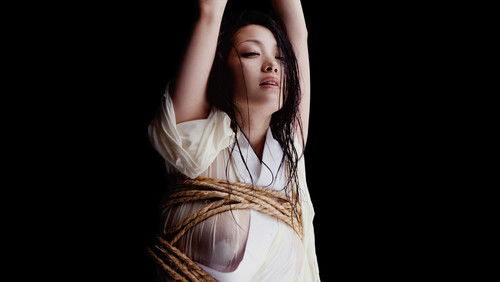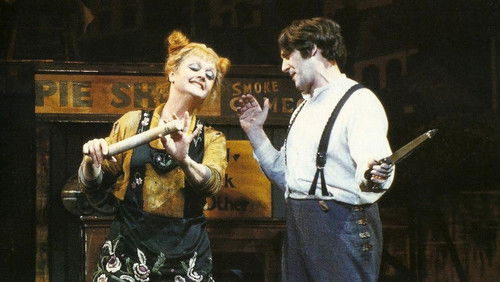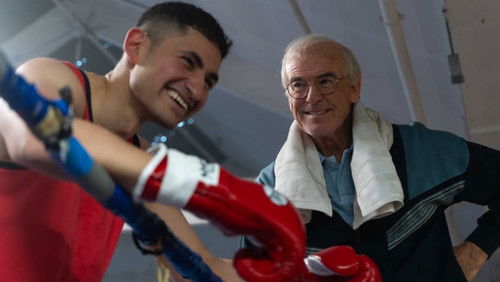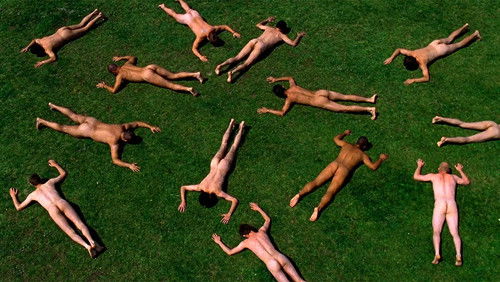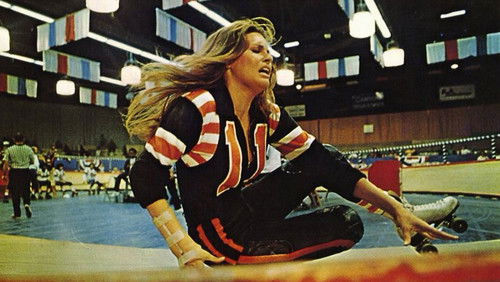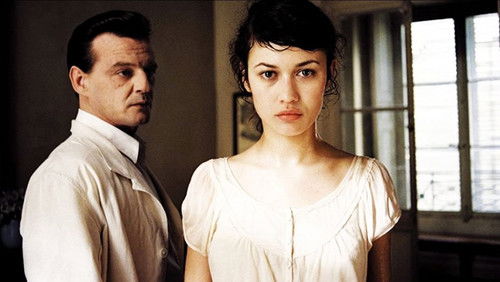Shitsurakuen (1997)
56KShitsurakuen: Directed by Yoshimitsu Morita. With Kôji Yakusho, Hitomi Kuroki, Akira Terao, Toshio Shiba. Rinko, the wife of an easily irritable, reputable doctor and Sholchiro, a veteran newspaper reporter have made choices in the course of their lives so that their future seems to have been fully established. Both are stuck in a little job that appeals to the imagination and a blissful marriage. Everything changes on the day they meet by chance and fall in love immediately. Together they find the passion no longer present in their marriages. The fire in their hearts has been extinguished and has given way to chill. They forget all grayness in each other’s arms and the more often they come together secretly, the stronger their desire becomes. The hours they can not spend together seem like days. However, the intrusive moral laws of Japanese society do not offer a place for their passion. With every kiss, the shame increases, after every banned love night the blame is greater again, until they finally have only one way left to be together .
“The story is adapted from the extremely successful work of the same title by the renowned Japanese writer Junichi Watanabe published in February 1997, sold 2.6 million copies. Whatu0026#39;s more, u0026quot;Paradise Lostu0026quot; (in Japanese) has become a popular buzzword ever after in the Japanese society.u003cbr/u003eu003cbr/u003eThe detailed analysis of the love life (or need) of the middle-aged is one of the reasons for the success, another one should be the extensive description of Shoichiro Kuki and Rinko Matsubarou0026#39;s extremely explicit sexual intercourse. Sex sells well. Seeing the success of the book and the movie, the TV station has adapted the story into a series. Again, itu0026#39;s another success, in terms of monetary return.u003cbr/u003eu003cbr/u003eWhen most of lifeu0026#39;s duties have been fulfilled: career has become stable, children have grown up and are independent, the mortgage is nearing its finishing line, the car has been changed to be better and more powerful and, the marriage has also gone u0026quot;stableu0026quot;, what should one need more? The 50-year-old Kuki, a publishing veteran editor is now trapped in such a maze. Rinko is also stuck in this dilemma. She married a prestigious medical doctor because of his money. Sexually, she is not satisfied because her husband loves SM.u003cbr/u003eu003cbr/u003eJapan is a conservative and suppressing society. Individual ideas may not be able to survive for long. Just a few days ago, commoner-turned-Princess Owada Masako finally could not keep silent to express that the pressure of the palace suffocates her. And the society stifles many Japanese men: they fight, compete and study hard to enter reputed kindergarten, primary school, high school and university, then a good job and keep climbing the ladder of the company. Arranged marriage is always common. Every thing must be done according to their parentsu0026#39; planning. Kuki expressed his pain once that he is always a good boy, a good student, a good boss, a good daddy and a good hubby, now he wants something for himself. When two down and lonely hearts u0026quot;collideu0026quot; together, lethal sparks of emotion explode frantically.u003cbr/u003eu003cbr/u003eGeorge Lamu0026#39;s u0026quot;John Lamu0026quot; in Sylvia Changu0026#39;s film u0026quot;Zui Aiu0026quot; tells more or less the same pain of suppression that Kuki, as a man living in a conservative Asian society, experiences ever since childhood. They cannot but struggle for a channel at any cost.”
